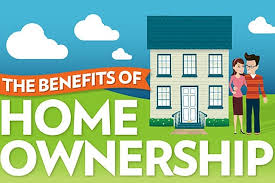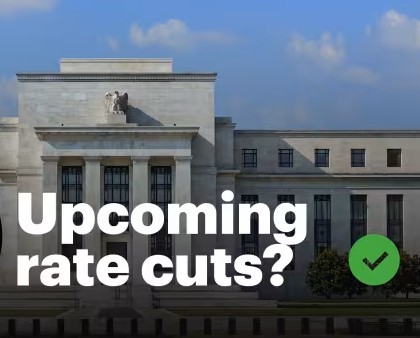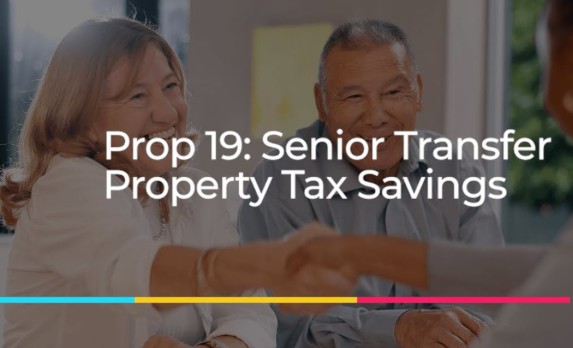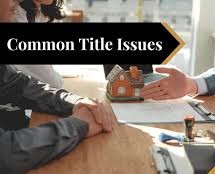Real Estate Financing: Making an Offer with Rate Buy-Down
When buying a property, buyers are often looking for ways to reduce their monthly mortgage payments, especially in an environment of rising interest rates. One strategy gaining traction is the seller-paid interest rate buy-down. This approach allows the seller to offer financial assistance to the buyer in exchange for a more favorable loan term, ultimately making homeownership more affordable. Here’s a breakdown of how this strategy works and how to craft an offer that includes a seller-paid buy-down.
What Is a Seller-Paid Interest Rate Buy-Down?
A seller-paid interest rate buy-down is when the seller agrees to contribute funds toward reducing the buyer’s mortgage interest rate for a set period or for the life of the loan. Essentially, the seller “buys down” the interest rate, making the buyer’s monthly mortgage payments lower than they would be without the buy-down.
There are two main types of buy-downs:
- Temporary Buy-Downs: In this case, the seller contributes to a lower interest rate for a specific period, often the first two or three years of the loan. A common option is the “2-1 buy-down,” where the interest rate is reduced by 2% in the first year and 1% in the second year, returning to the original rate thereafter.
- Permanent Buy-Downs: With a permanent buy-down, the seller’s contribution is applied to lower the interest rate for the entire term of the loan. This type of buy-down offers long-term savings but typically requires a higher contribution from the seller.
How Does It Work?
The process of negotiating a seller-paid buy-down typically involves both the buyer and seller working through their real estate agents to determine the terms. If you, as a buyer, are seeking this type of concession, it’s important to consider a few things:
- Seller’s Willingness: Sellers may be more inclined to offer a buy-down if the property has been on the market for a while or if the real estate market is slower than usual. In competitive markets, however, the seller may be less likely to agree to this type of deal.
- Financing Terms: The seller’s contribution toward the buy-down will need to be agreed upon by the lender, and it must align with the buyer’s mortgage type. Different loan programs, including conventional, FHA, and VA loans, have varying requirements for seller contributions, so it’s important to check with your lender to see what’s permissible.
- Cost of the Buy-Down: The cost of a buy-down can vary, and it’s generally calculated as a percentage of the loan amount. For example, each 0.25% reduction in the interest rate could cost the seller a certain amount, depending on the loan size and term. Your real estate agent or lender can help you calculate how much the buy-down might cost the seller.
Crafting Your Offer
When making an offer to purchase a property that includes a seller-paid interest rate buy-down, it’s essential to approach the negotiation with clarity and strategy:
- Offer Price vs. Seller Contribution: First, determine whether you’re willing to accept a higher purchase price in exchange for a seller-paid buy-down. For example, if the seller is offering to buy down your interest rate by 1% for the life of the loan, they might require a slightly higher sale price to cover the cost of the buy-down.
- Include Terms in the Offer: Specify the amount the seller will contribute and the structure of the buy-down in the offer. For instance, you may propose a 2-1 buy-down for the first two years and outline how much the seller will contribute.
- Get Lender Approval: Your lender must approve the buy-down arrangement, so be sure to involve them early in the process. They will need to confirm the financial details and ensure the buy-down aligns with your mortgage terms.
- Market Conditions: Understand the local market conditions. If the market is in a seller’s favor, the seller may not be inclined to agree to a buy-down, especially if they are already receiving offers at or near the asking price. Conversely, in a buyer’s market, you may have more negotiating power.
The Benefits of a Seller-Paid Buy-Down
- Lower Monthly Payments: The primary benefit for buyers is the potential for significantly lower monthly mortgage payments, especially in the early years of the loan.
- Improved Cash Flow: By reducing the interest rate, the buyer’s monthly payments are more manageable, allowing them to allocate more funds to other financial goals or investments.
- Seller Incentive: Sellers benefit by potentially closing the deal more quickly, especially if the property has been on the market for a while. Offering a buy-down can make their listing more attractive to potential buyers.
Considerations for Buyers
While a seller-paid interest rate buy-down can be advantageous, it’s important to keep a few things in mind:
- Long-Term Impact: If you plan to stay in the home for many years, a permanent buy-down may provide significant savings. However, if you plan to sell or refinance within a few years, a temporary buy-down might offer better short-term savings.
- Total Cost: Even with a seller-paid buy-down, you should carefully evaluate the overall cost of the home, including any higher purchase price that might result from the buy-down. Make sure the total transaction cost fits within your budget and long-term financial plans.
- Loan Structure: Ensure that the buy-down doesn’t affect your ability to secure favorable loan terms, especially if the buy-down causes the loan-to-value ratio to change or impacts your eligibility for certain mortgage programs.
Conclusion
A seller-paid interest rate buy-down is a smart strategy for buyers looking to reduce their monthly mortgage payments, especially in a high-interest-rate environment. By negotiating this term into your offer, you can potentially make homeownership more affordable. However, it’s important to approach the deal strategically, balancing the price of the home, the terms of the buy-down, and the long-term impact on your finances. Always work closely with your real estate agent and lender to ensure the buy-down is structured in a way that benefits you.












